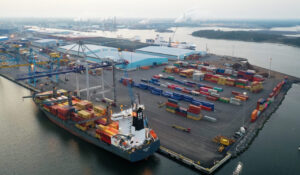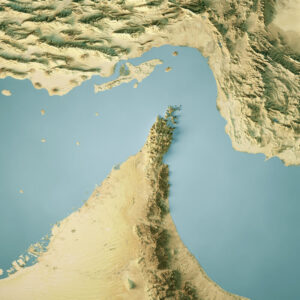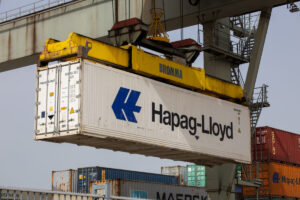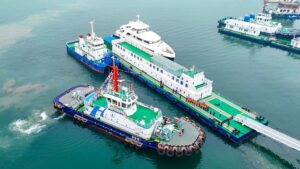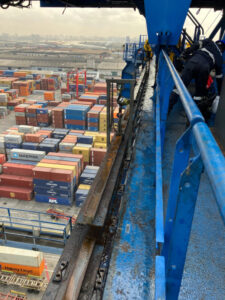A study commissioned by DP World has shown how trade and infrastructure investment can maintain peace and stimulate growth in countries that have suffered from war.
The ‘Post-Conflict Trade’ report from The Economist Intelligence Unit (EIU) looked at three case studies – Rwanda, Sri Lanka and Colombia – and determined that a key part of creating and sustaining economic growth in post-conflict countries is increasing trade.
Sri Lanka, for example, has positioned itself as a significant transshipment hub since the end of its civil war in May 2009 and consequently enjoyed economic growth of approximately 8% since 2019.
A key part of creating and sustaining economic growth in post-conflict countries is increasing trade. What lessons can be drawn from Rwanda, Sri Lanka and Colombia – three countries which have dealt with war and conflict? We explore. https://t.co/QVKFmrJFTX (via @DP_World)
— EIU Perspectives (@EIUPerspectives) February 12, 2019
The Hambabtota Port, in the Sri Lankan capital of Colombo, was the fastest growing port in the first half of 2018 following significant investment from China.
Colombia, which is only 18 months into a peace struck following a guerrilla war, has sought to diversify its economy away from oil and coal exports and move into manufacturing and agro-industries.
A recent Port Technology technical paper explored how the supply chain is thriving in a changing world
Speaking about the EIU’s report DP World Chairman and CEO Sultan Ahmed Bin Sulayem said: “Developing nations need a solid foundation on which to place the building blocks of their economies.
“Both soft and hard infrastructure is needed, which will determine how quickly physical assets are built and how quickly trade develops.
“Our experience in 40 locations around the world shows no one size fits all but we can all learn from history to plan the present and the future with our partners for the benefit of those that come after us.
“Africa, for example, has shown strong growth over the last 10 years with steps to diversification. If nations were better-connected market sizes would increase and encourage greater foreign investment.”
Chris Clague, Managing Editor of the Thought Leadership at the EIU, also commented: “One of the key determinants of lasting peace in post-conflict countries is their economic performance. Increasing trade is one way of improving it.
“Many of these nations were at low levels of development when the conflicts began and dependent on primary commodity exports for growth.
“While moving up the value chain can be difficult, focusing on available resource endowments, such as coffee in the case of Rwanda, making a major commitment to creating a climate conducive to foreign investment, and promoting public-private partnerships, as in Columbia, are other potential paths for post-conflict countries.”





